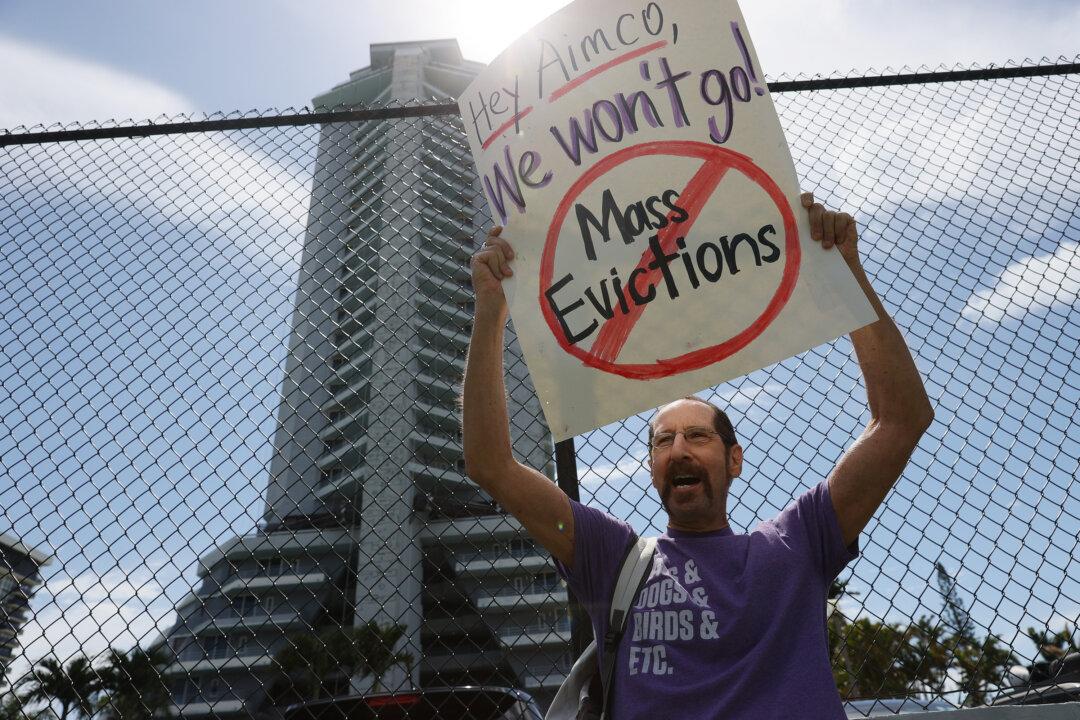WASHINGTON—The Biden administration announced on June 24 another extension of the national moratorium on evictions, to support renters and prevent foreclosures. The measure, which was imposed by the Centers for Disease Control and Prevention (CDC) in response to COVID-related hardships, had been scheduled to expire on June 30.
The CDC extended the directive by a month to July 31, while calling it “the final extension.” Following the agency’s guidance, the White House announced several actions to help state and local governments prevent a “flood of evictions” when the freeze ends.





